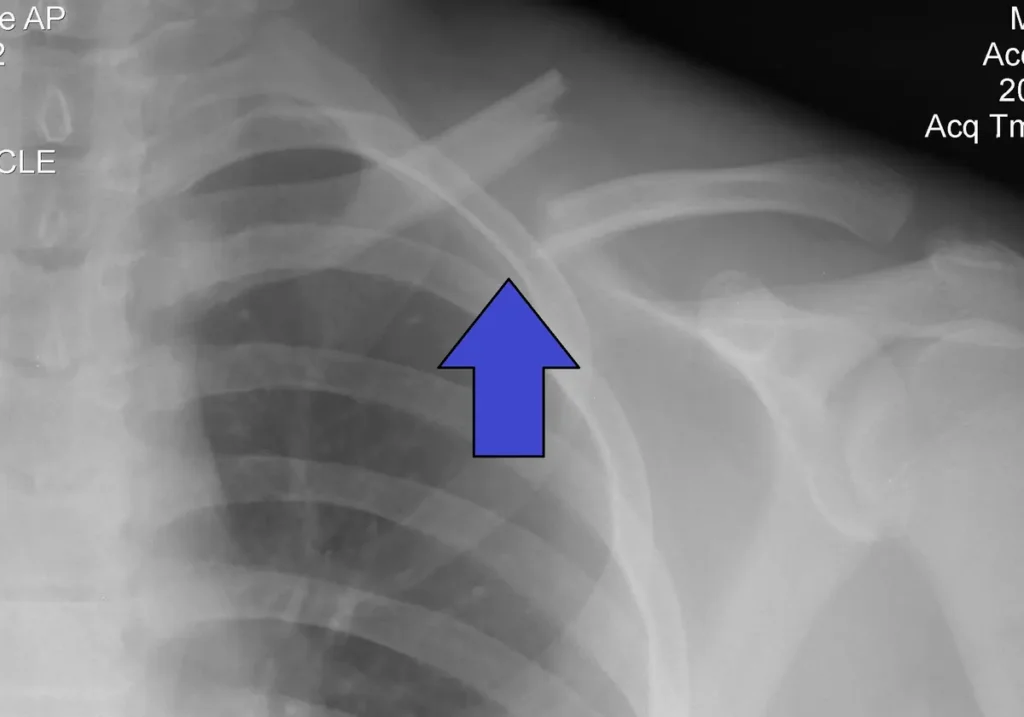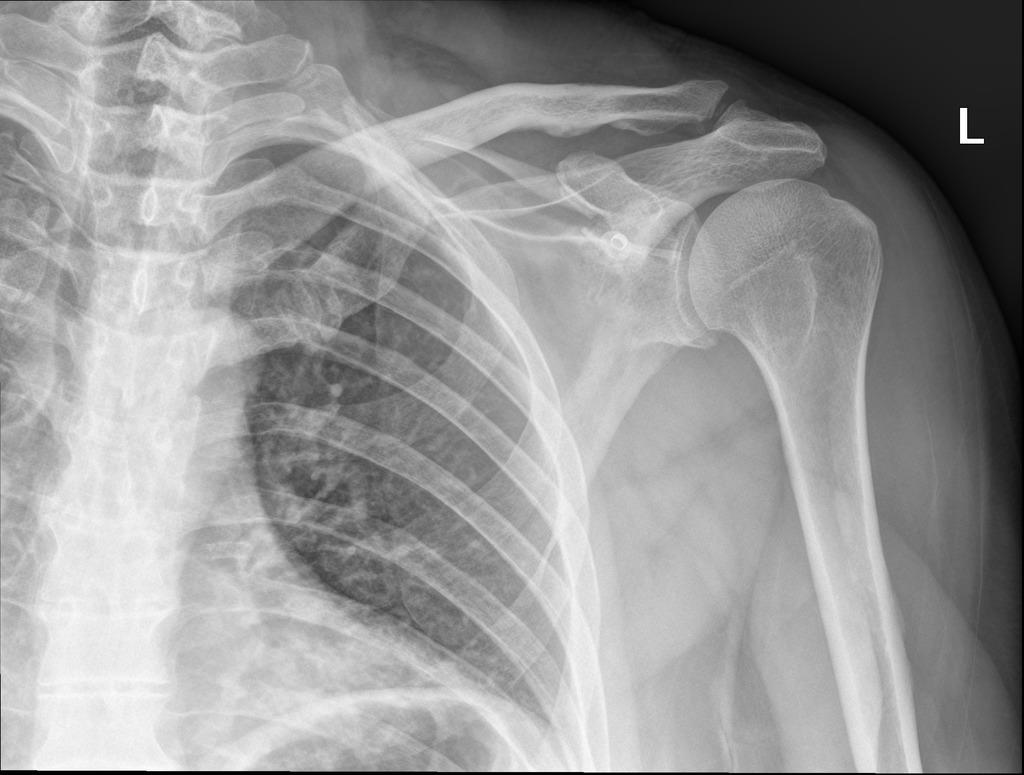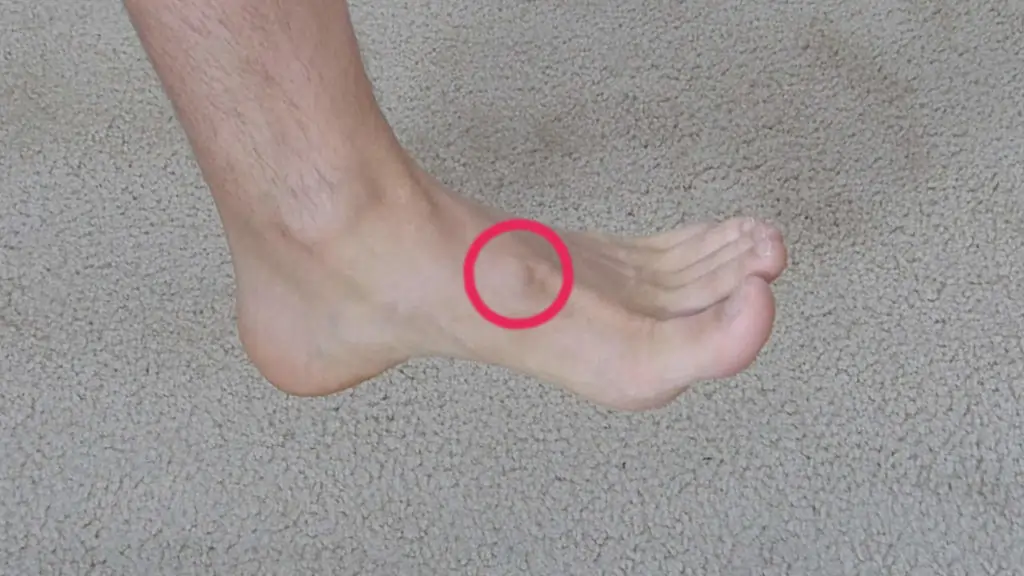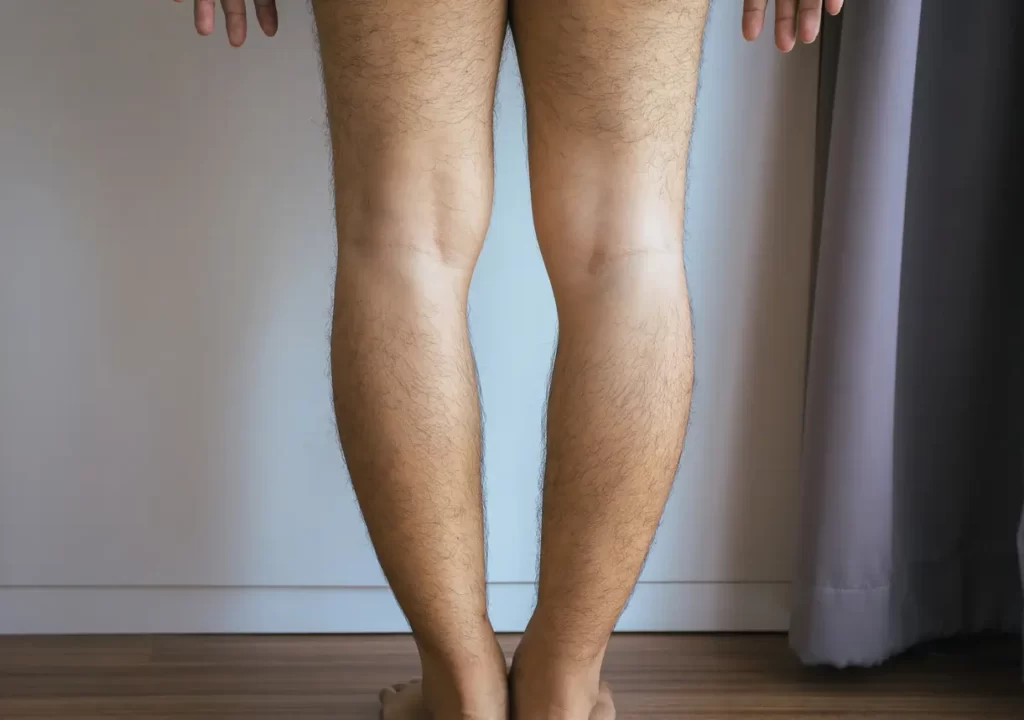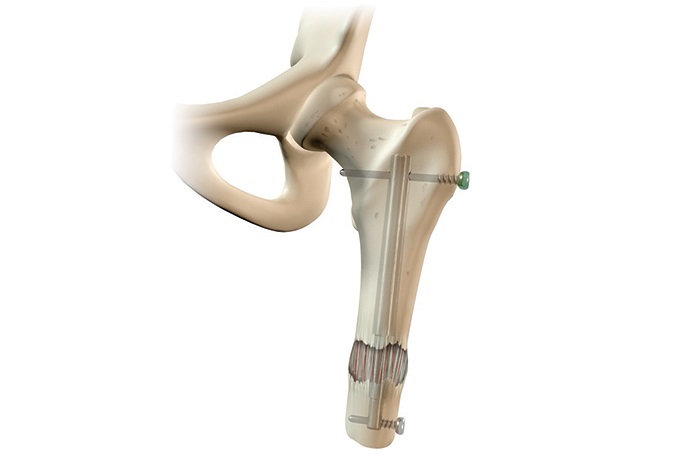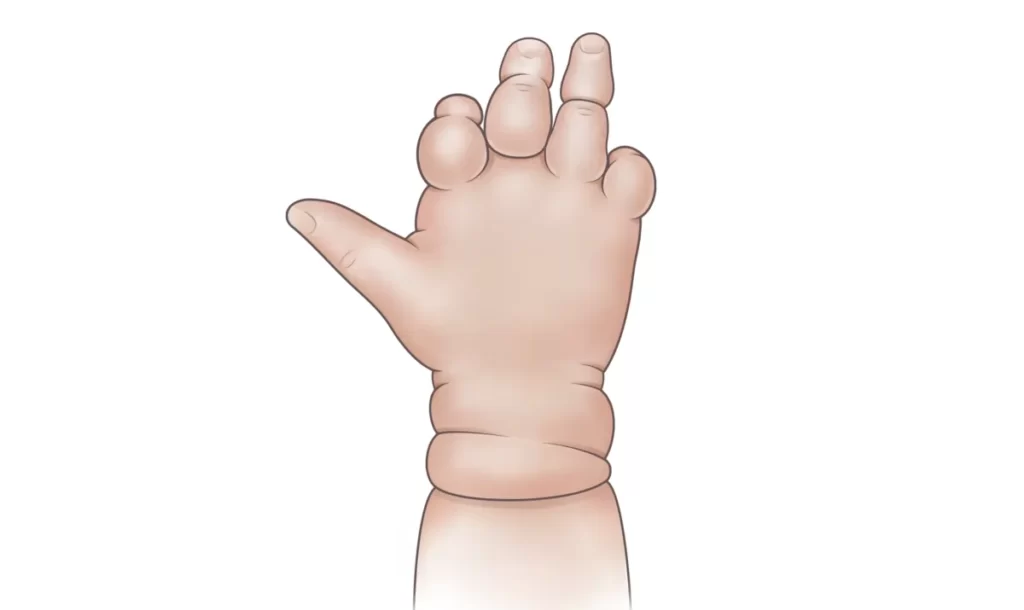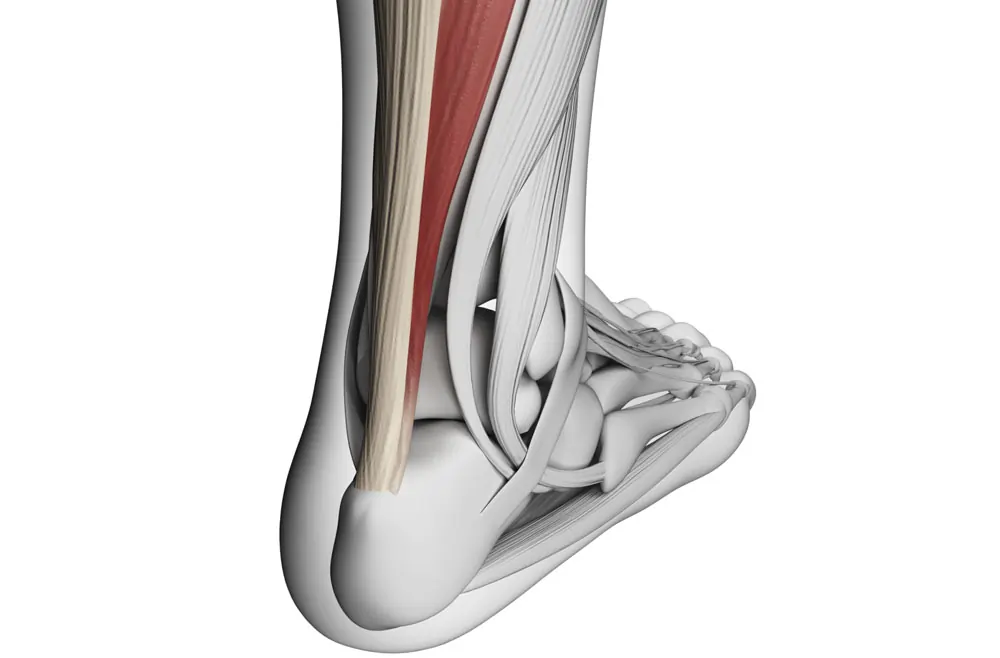The Collarbone or Clavicle Fracture: Causes, Symptoms, and Treatment
Definition and Occurrence of Clavicle Fracture The clavicle, or collarbone, is an important bone in the shoulder joint that connects the arm to the trunk of the body. Due to its location, it is prone to fractures caused by impacts or falls, and these fractures are common in adults. Causes of Clavicle Fracture Clavicle fractures […]
The Collarbone or Clavicle Fracture: Causes, Symptoms, and Treatment Read More »

